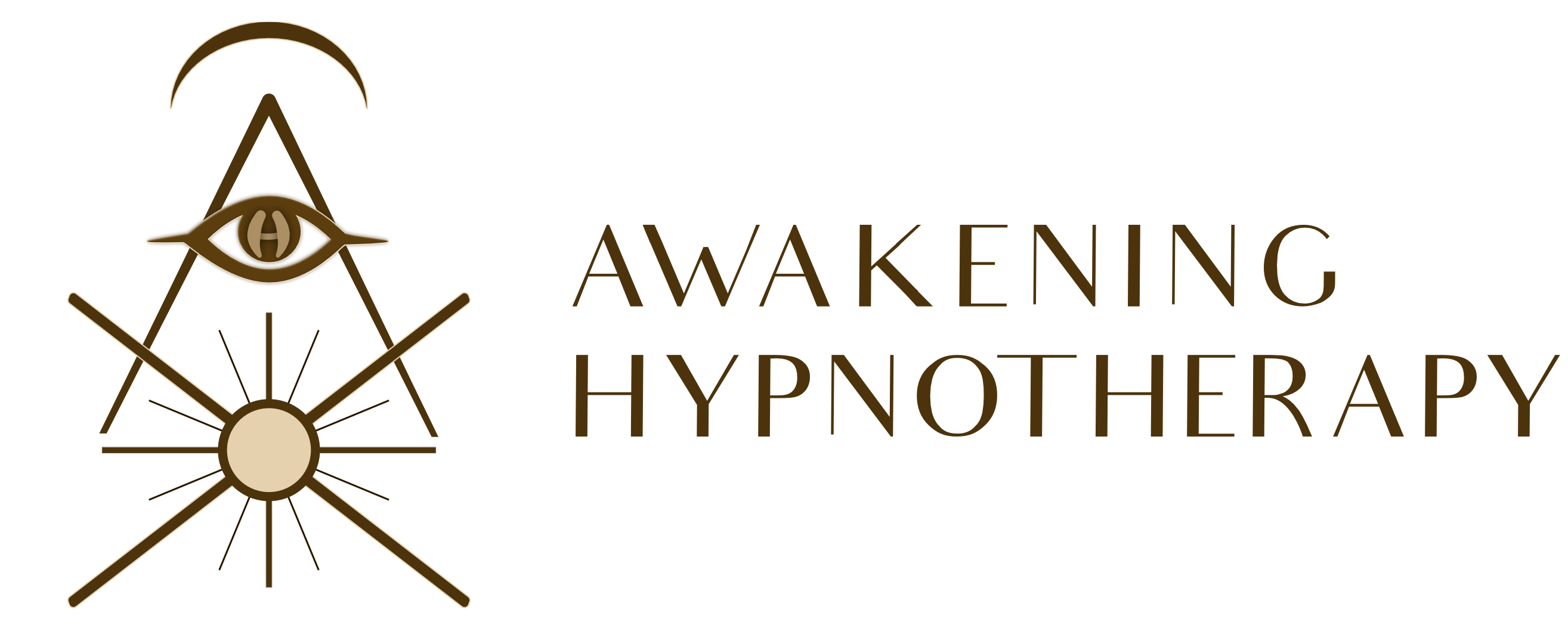What is hypnotherapy?
If you’re like most people, when you think of hypnosis, you may visualize an audience member clucking like a chicken or performing some other embarrassing act on stage. These acts of entertainment performed by a stage hypnotist are not what you’ll experience during clinical hypnotherapy. Observing a stage hypnotist may give the impression that hypnosis can force someone to do things against their will. That is not how hypnosis works.

All hypnosis is self hypnosis.
Any hypnotic suggestion that a person doesn’t accept, won’t stick. Hypnotherapy differs from other forms of hypnosis by ensuring that the client in trance, remains in charge of the session at all times. As your trained hypnotherapist, I’ll act as your guide during the session, helping you uncover beliefs and information that will help correct destructive patterns and behaviors. You, the client, will be aware of everything happening, the entire time.
A hypnotherapy session occurs in a very light level of trance, similar to when one is about to fall asleep for a good night’s rest. Some clients may describe the experience as “dreamlike”, while being fully aware of all that transpires during this dreamlike state. Coming out of a hypnotherapy session may feel like little or no time has passed. You’ll be refreshed with greater confidence to tackle the rest of your day. Each session ends on a positive note, with enhanced awareness and new decisions that will guide you into the life you want.
Clinical Hypnotherapy – Why it Works
Clinical hypnotherapy utilizes hypnosis and trance states to tap into one’s subconscious mind. This allows a trained hypnotherapist and their client to work through issues and traumas that the conscious mind may be unaware of, or is actively working to resist. The conscious mind is designed to protect our daily routines and functioning. Sometimes, in its best attempt to protect us, the mind creates barriers that prevent us from identifying what is at the root of our negative patterns. Clueless on how to stop them, we unintentionally live out lives of self-sabotage and destructive actions.
Diving beneath the conscious mind and into the subconscious, we unearth the hidden beliefs that drive our thoughts and actions. When we tap into the subconscious mind, we become able to rewrite old beliefs and patterns that led to self-sabotage (and other destructive behaviors), and transform them into new beliefs and patterns that result in empowered, healthy lives.


